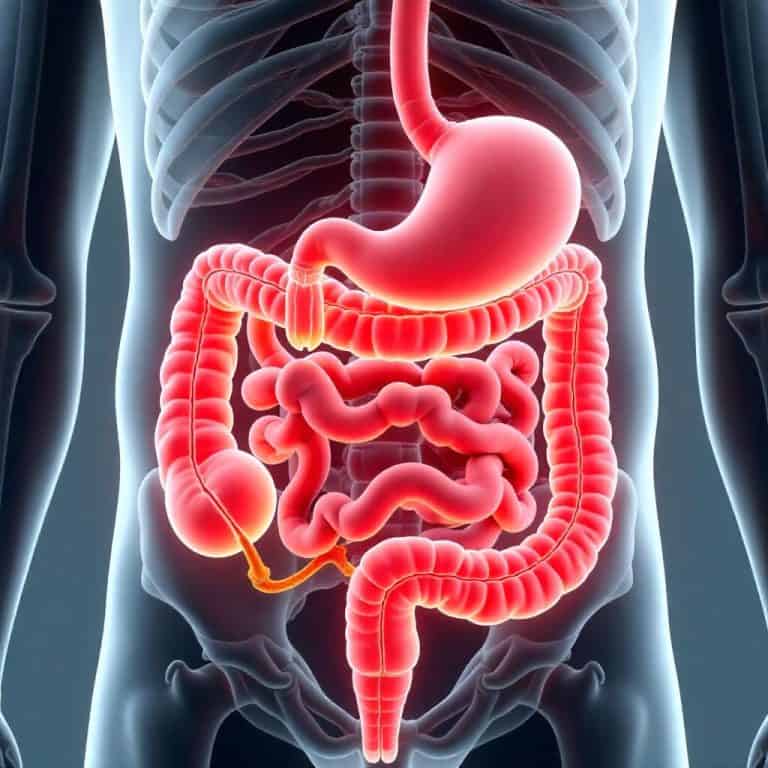Welcome to the Small Intestine quiz! This quiz will test your knowledge about one of the most important organs in your digestive system. The small intestine plays a crucial role in absorbing nutrients from the food you eat, so it’s essential to understand how it works.
In this quiz, you’ll learn about the different parts of the small intestine, how it helps break down food, and why it’s so important for your overall health. By the end of this quiz, you’ll have a better understanding of how your small intestine works and why it’s important to take care of it.
So, let’s get started and see how much you know about this fascinating organ!
Play Small Intestine Quiz
Instructions
- This quiz is multiple choice.
- Read each question carefully before selecting an answer.
- Choose the best answer for each question.
- You will see the missed questions with correct answers at the end of the quiz.
Quick Facts
- The small intestine is a vital part of the digestive system.
- It is located between the stomach and the large intestine.
- It is where most of the digestion and absorption of nutrients from food takes place.
- The small intestine is about 20 feet long in adults.
- It is made up of three sections: the duodenum, the jejunum, and the ileum.
- The walls of the small intestine are lined with tiny finger-like projections called villi.
- These villi help to increase the surface area of the small intestine, allowing for more efficient absorption of nutrients.
- The small intestine is also home to a variety of beneficial bacteria that help with digestion.
- If the small intestine is not functioning properly, it can lead to malabsorption of nutrients and other digestive issues.
- Overall, the small intestine plays a crucial role in keeping our bodies healthy and nourished.
Downloads
Study Tips
- Create a study schedule and stick to it.
- Find a quiet and comfortable study environment.
- Remove distractions such as phones and social media.
- Take breaks every 25-30 minutes to avoid burnout.
- Use active studying techniques like summarizing, highlighting, and teaching concepts to someone else.
- Practice retrieval by testing yourself with flashcards or practice quizzes.
- Stay organized with notes, study guides, and resources.
- Stay hydrated and eat brain-boosting foods like fruits, nuts, and whole grains.
- Get enough sleep to improve memory retention and cognitive function.
- Reward yourself for reaching study goals to stay motivated.
